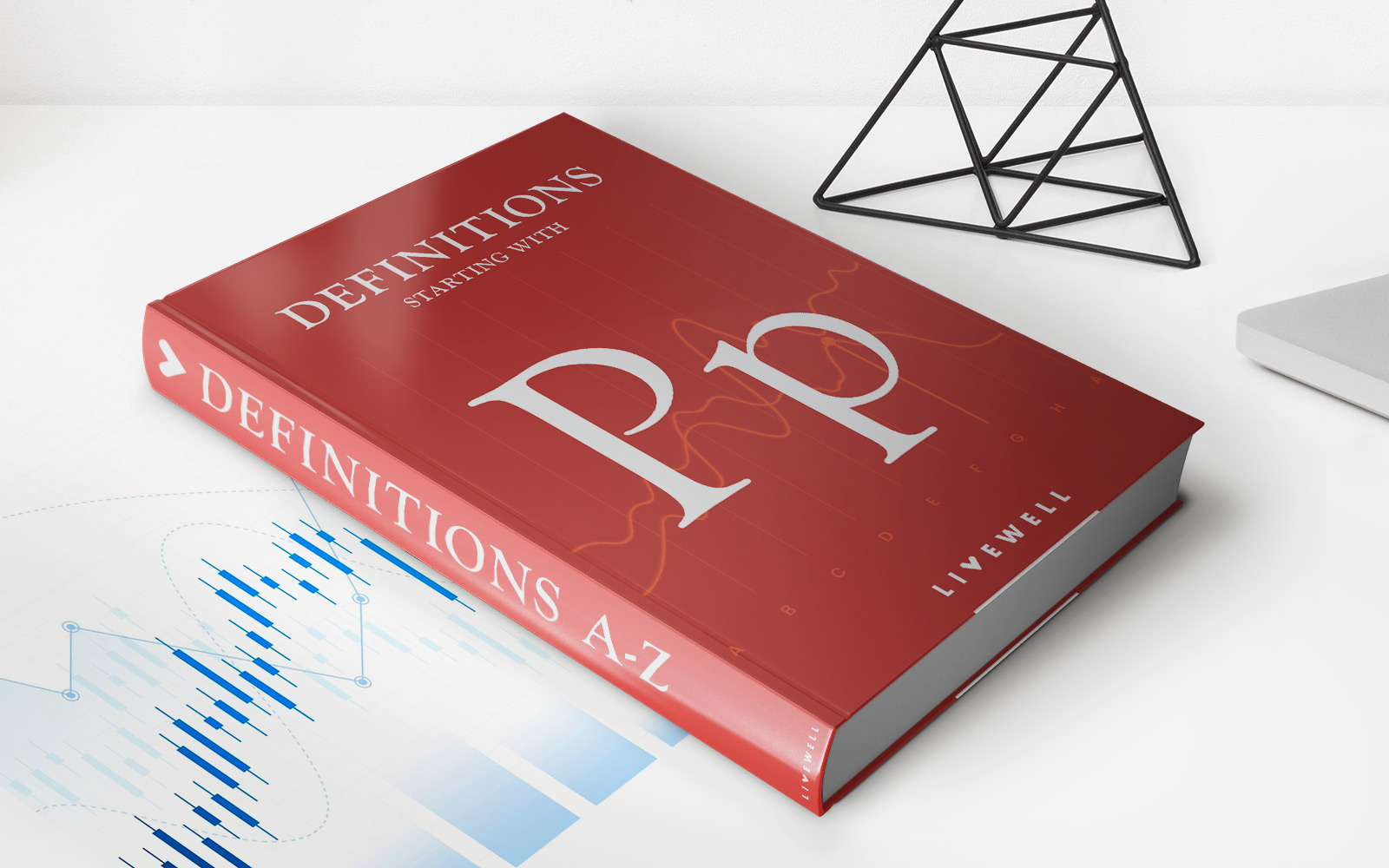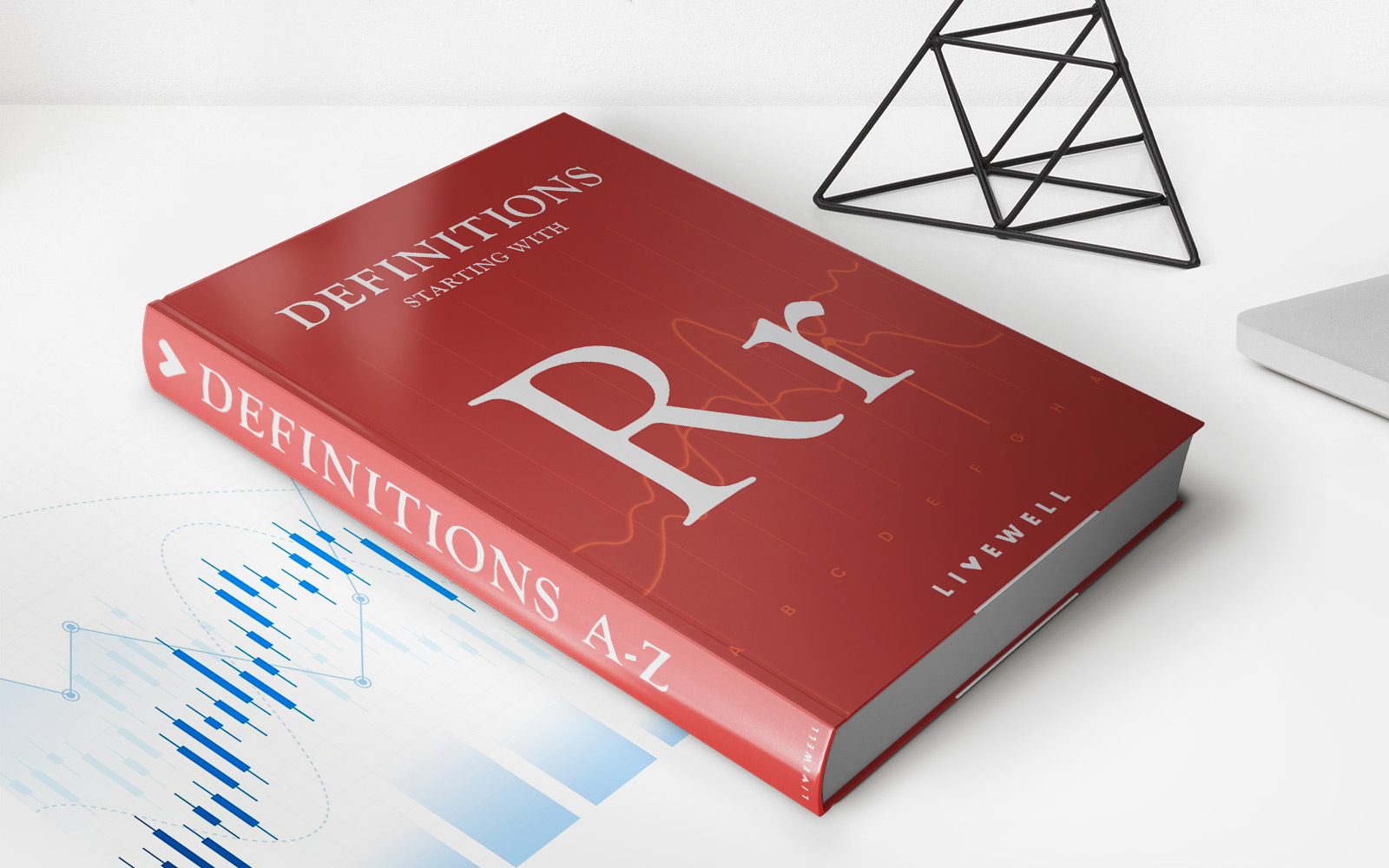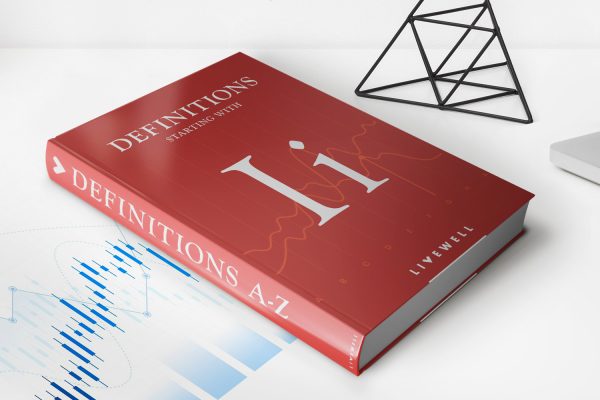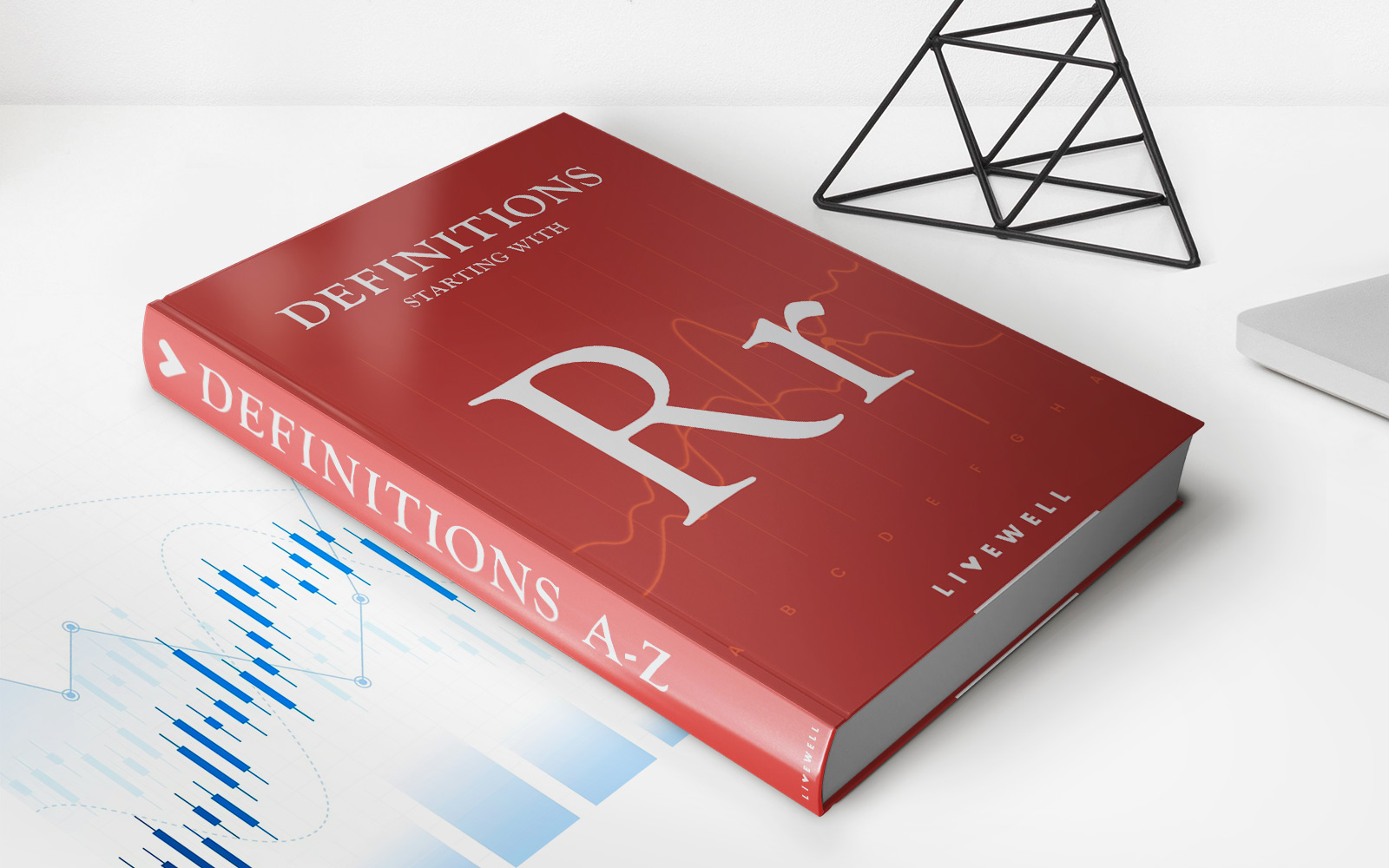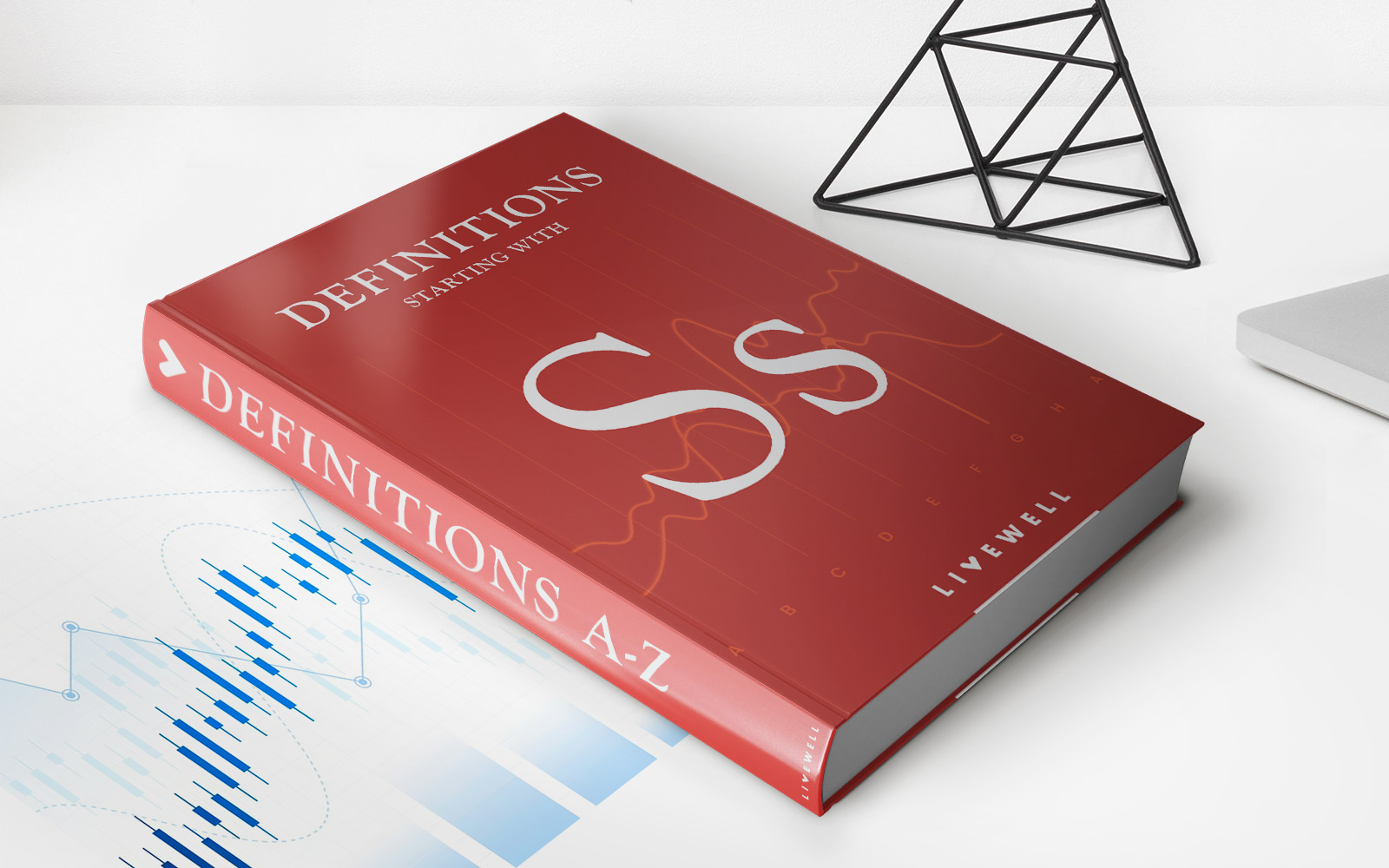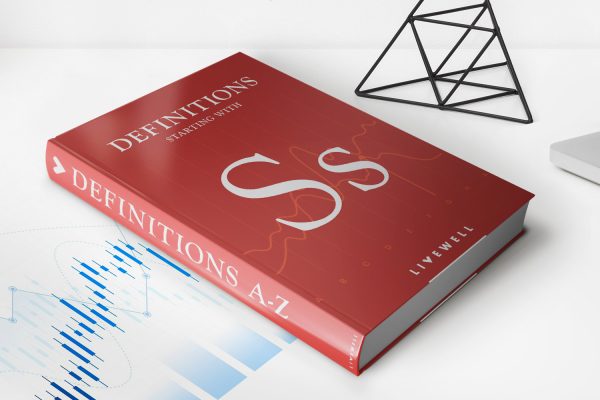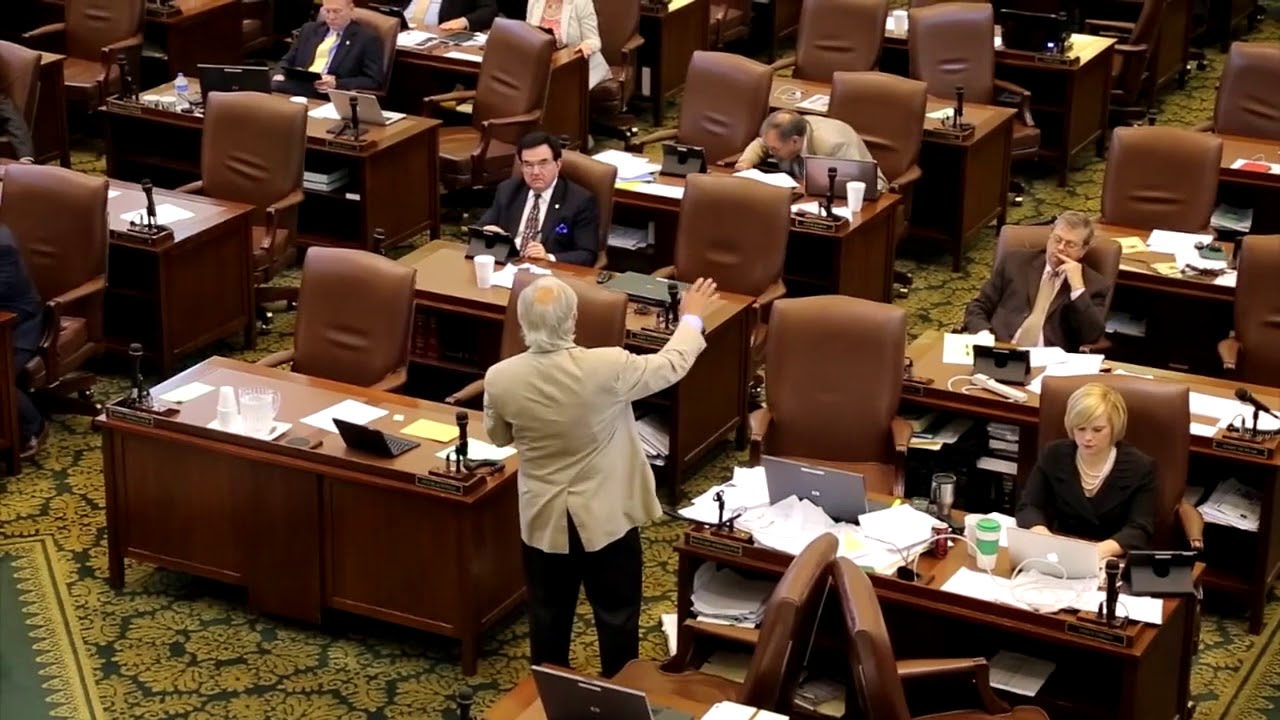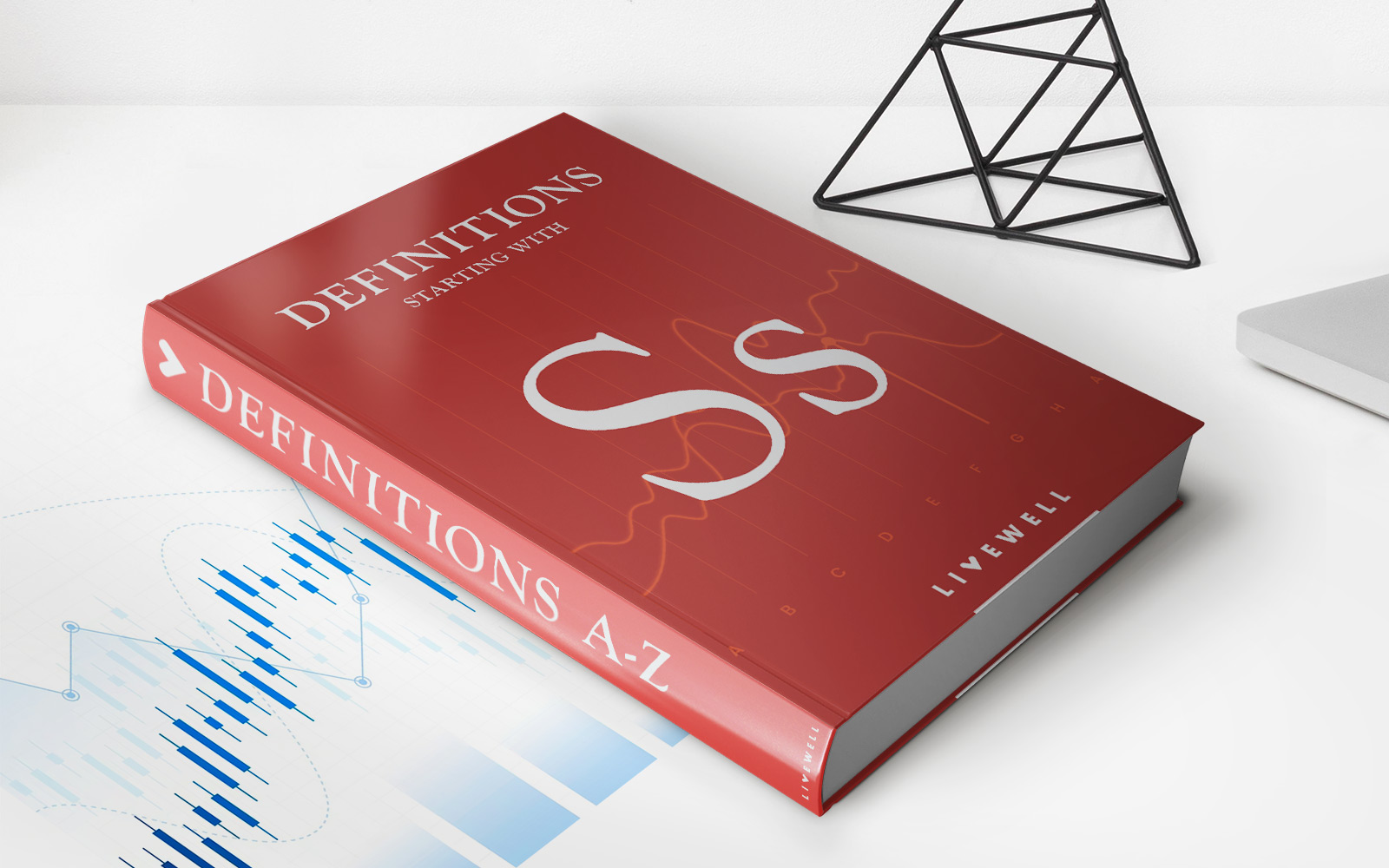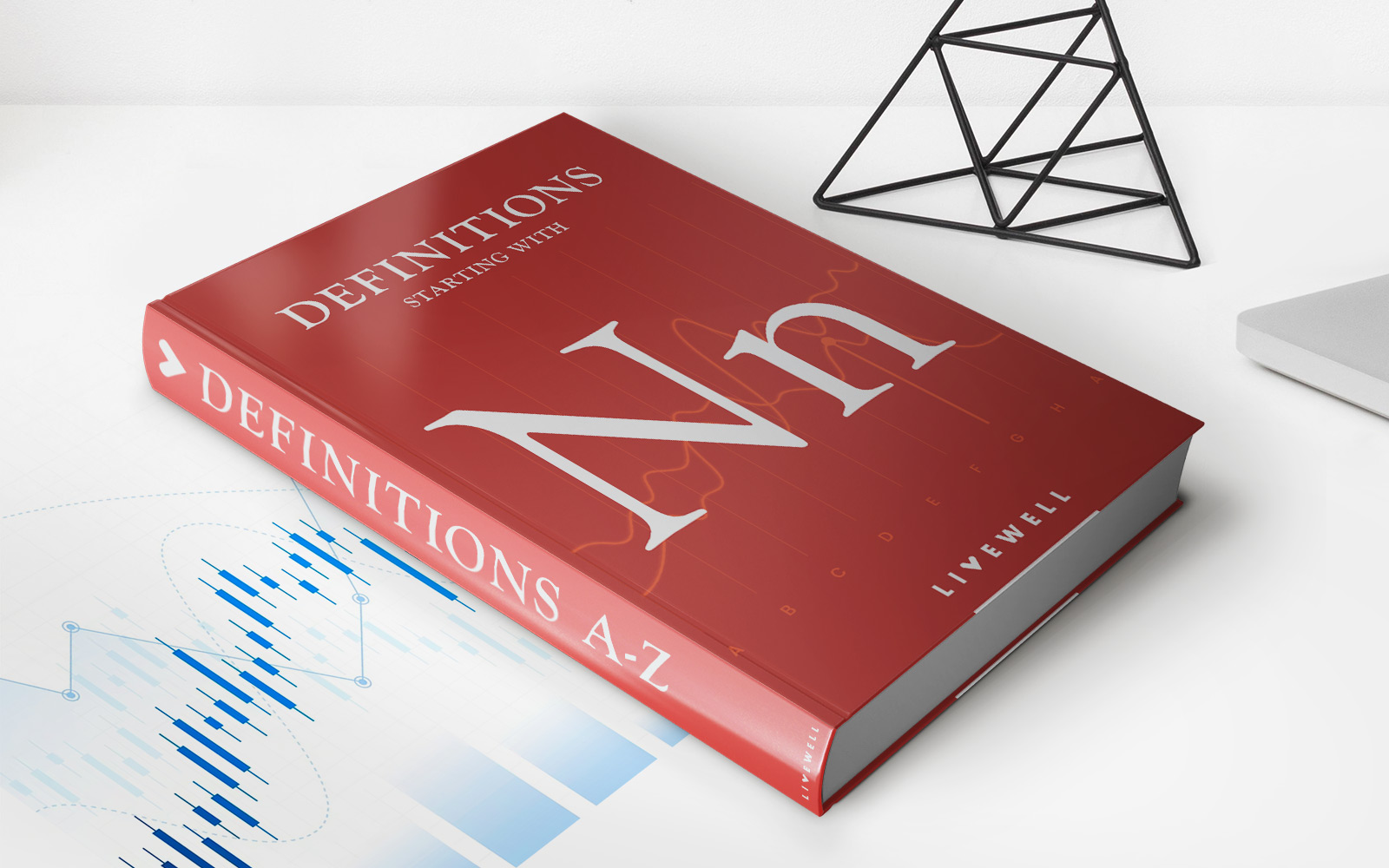Home>Finance>Holographic Will: Definition And State Requirements
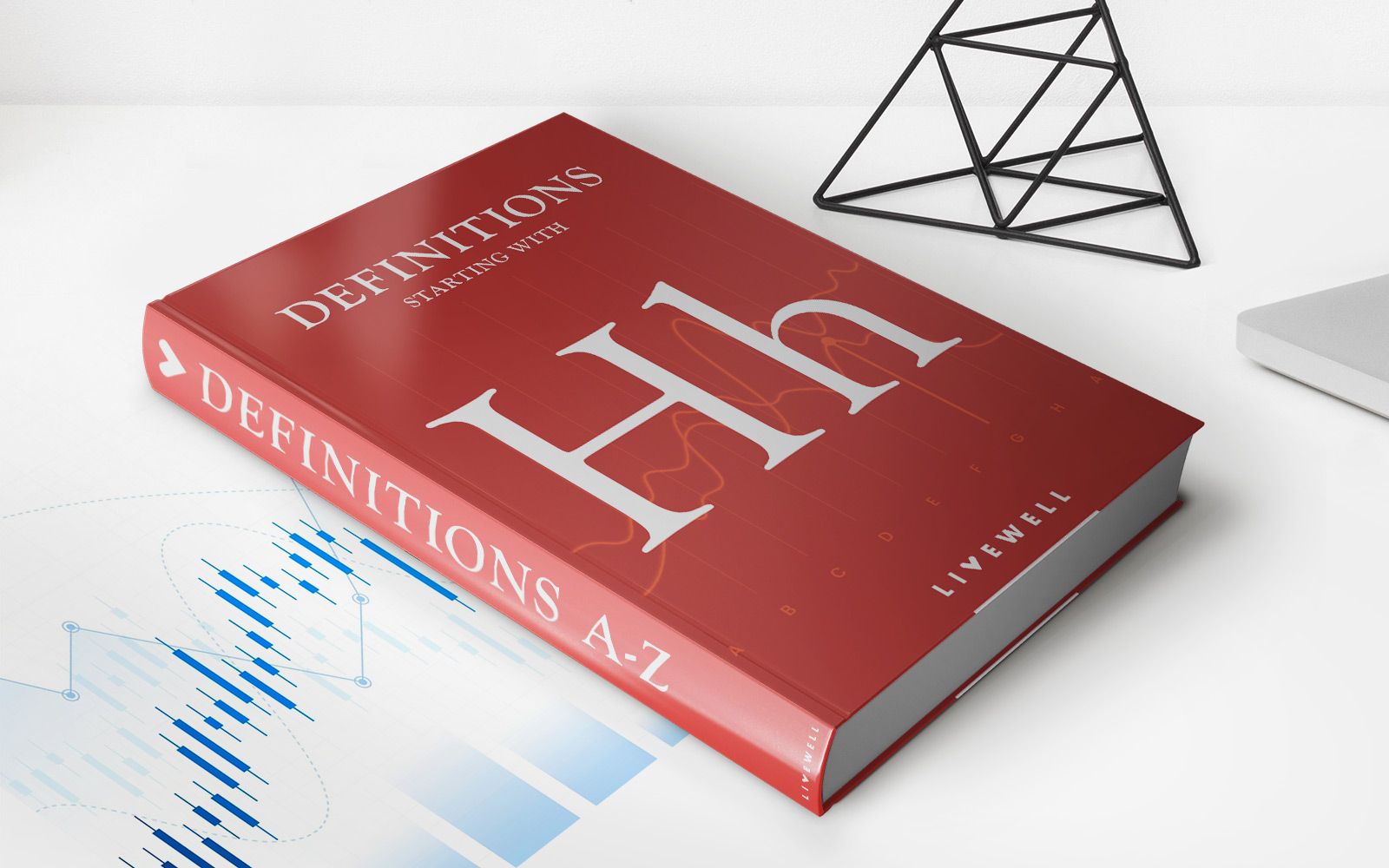

Finance
Holographic Will: Definition And State Requirements
Published: December 5, 2023
Learn about holographic wills, including their definition and state requirements, to ensure your finances are protected and distributed according to your wishes.
(Many of the links in this article redirect to a specific reviewed product. Your purchase of these products through affiliate links helps to generate commission for LiveWell, at no extra cost. Learn more)
Understanding Holographic Wills: Definition and State Requirements
When it comes to planning for the future, one essential aspect often overlooked is creating a will. A will is a legal document that outlines how a person’s assets and possessions should be distributed after their passing. Many people are familiar with traditional typed or printed wills that are signed in the presence of witnesses, but have you ever heard of a holographic will? In this article, we will delve into the definition of a holographic will and discuss the specific requirements set by each state.
Key Takeaways:
- A holographic will is a handwritten will that is entirely handwritten and signed by the testator.
- To be valid, a holographic will must meet the specific requirements outlined by each state’s laws.
What is a Holographic Will?
A holographic will, also known as a handwritten will, is a unique type of will that differs from the traditional typed or printed versions. Unlike other wills that require witnesses, a holographic will is entirely handwritten and signed by the testator, the person creating the will. The testator must write out the full text of the will themselves, including the distribution of assets and the appointment of guardianship if necessary.
Although holographic wills may sound convenient due to the absence of witnesses, it’s crucial to understand that they come with their own set of requirements and potential pitfalls. Let’s take a closer look at the state requirements for holographic wills.
State Requirements for Holographic Wills
Each state has specific requirements regarding the validity of a holographic will. While the exact criteria may vary, there are some common elements you should be aware of if you are considering creating a holographic will:
- Handwritten: A holographic will must be entirely handwritten by the testator. Typewritten or printed wills are generally not considered valid.
- Signature: The holographic will must be signed by the testator, acknowledging their intent to make it their official will. Some states may require the testator’s signature to be located at the end of the document.
- Date: The holographic will should include a date indicating when it was created. This helps establish the most recent version of the will and avoid potential conflicts.
- Clear Intent: It is essential for the holographic will to clearly express the testator’s intent, including how their assets should be distributed and any specific instructions regarding guardianship or other matters.
- Witnesses: While holographic wills typically do not require witnesses, some states may accept them as additional evidence of the testator’s intent. It is advisable to include witnesses whenever possible to strengthen the credibility of the will.
It’s important to note that not all states recognize holographic wills, and the requirements can vary significantly from one state to another. Some states may only accept holographic wills in exceptional circumstances, while others may have more lenient criteria. Consulting with an experienced estate planning attorney in your state is crucial to ensure your holographic will is valid and properly executed.
In Conclusion
A holographic will is a handwritten document created by the testator, outlining how their assets and possessions should be distributed. While these wills may seem like a straightforward alternative to traditional wills, they come with specific state requirements that must be met for their validity. Whether you’re considering creating a holographic will or exploring other estate planning options, it’s always advisable to seek professional guidance to ensure your wishes are accurately documented and legally binding.
Key Takeaways:
- A holographic will is a handwritten will that is entirely handwritten and signed by the testator.
- To be valid, a holographic will must meet the specific requirements outlined by each state’s laws.
